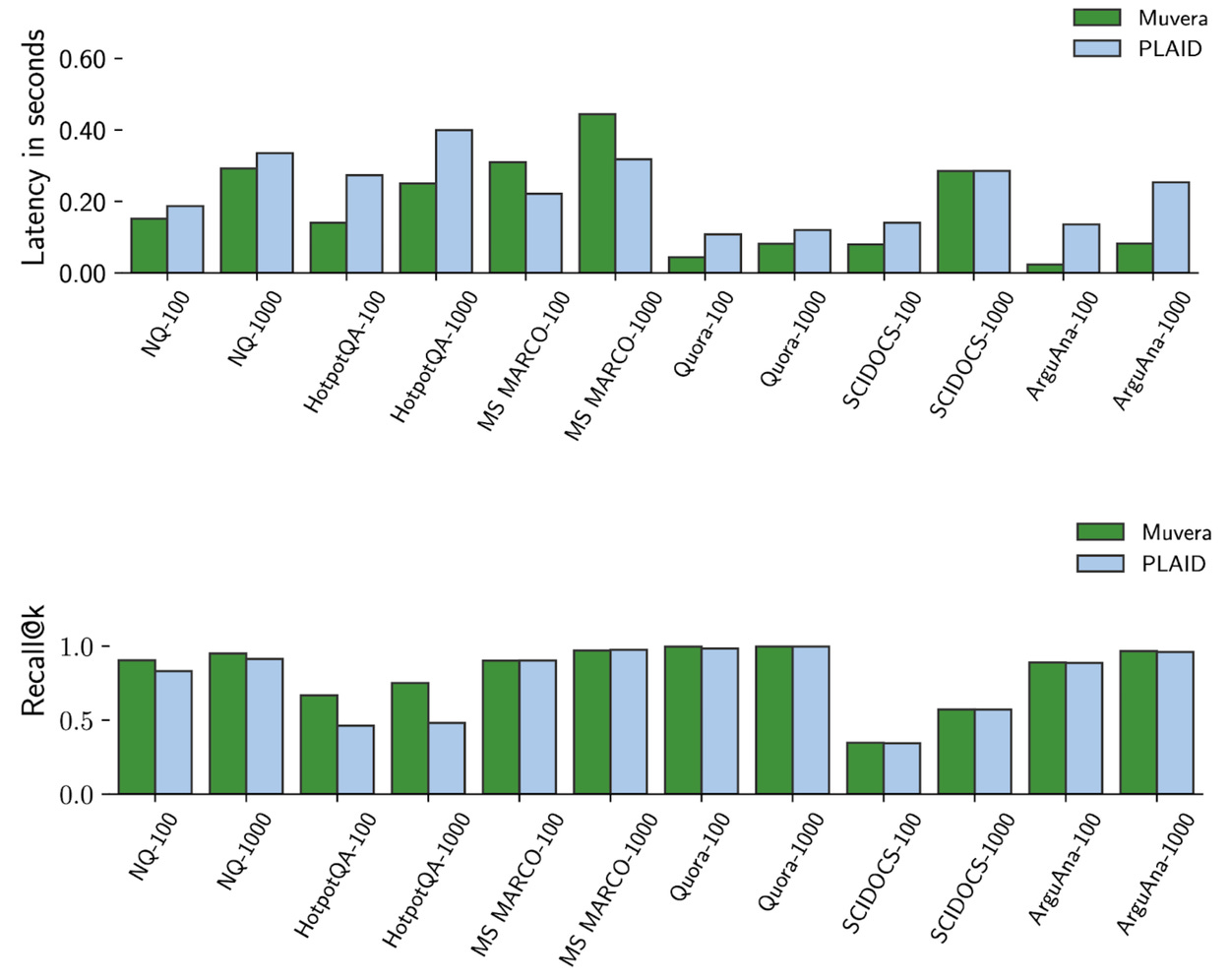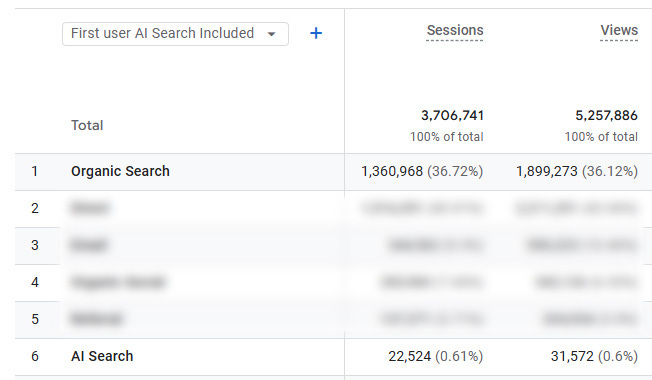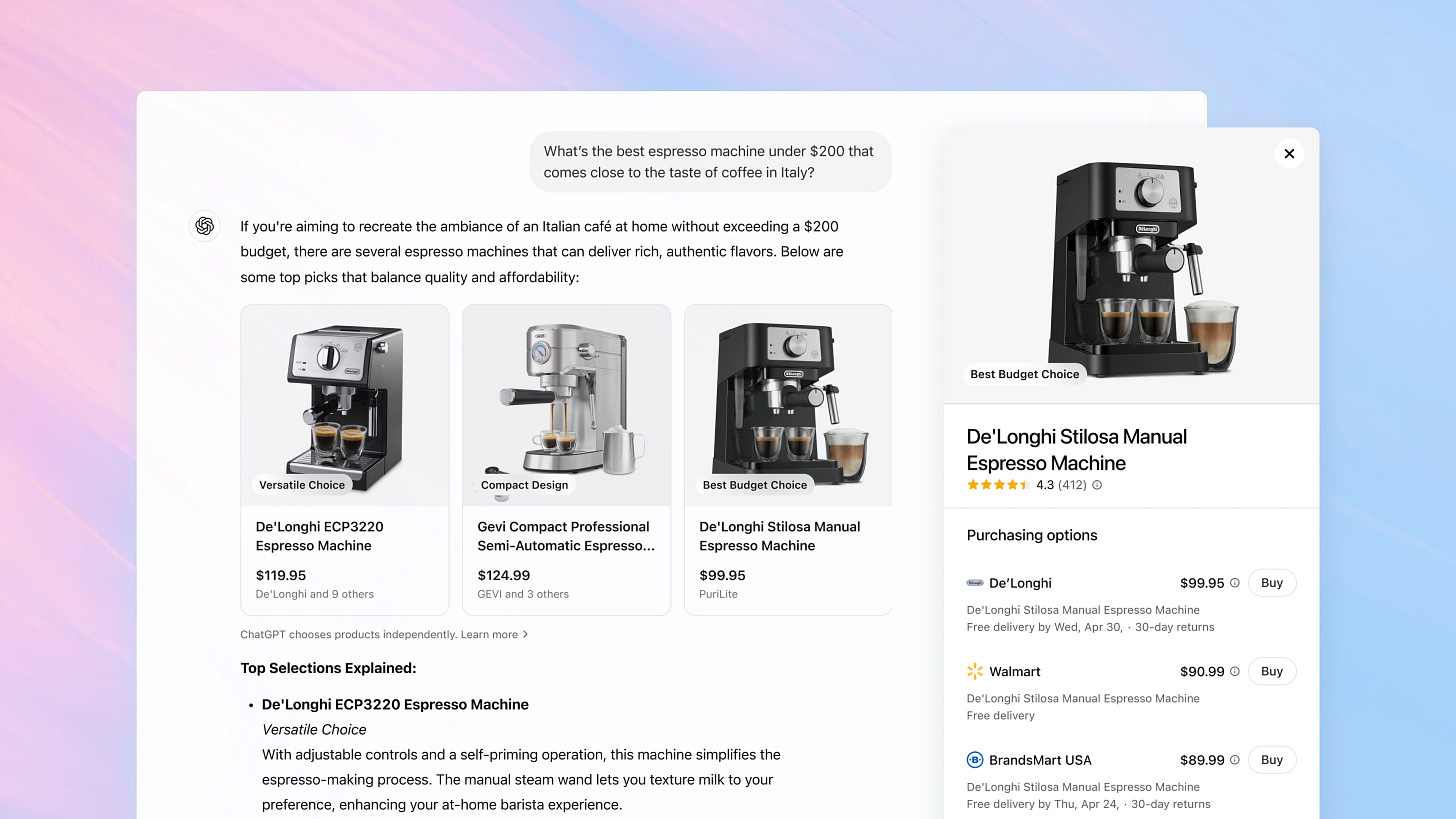Technical SEO
Google Introduces MUVERA for Faster, Smarter Search Retrieval
Google has announced MUVERA, a new algorithm that reduces the complexity of multi-vector retrieval (used in semantic search) by converting it into single-vector search, without sacrificing accuracy.
This next part took a few reads to understand, but MUVERA uses fixed dimensional encodings (FDEs) to simplify high-dimensional, token-level vector sets into single representations that preserve their semantic relationships. In other words, it takes lots of detailed data points about a page and squashes them into one simple summary, so Google can find and rank pages faster without losing the meaning.
This means more accurate, context-aware matching with faster retrieval. MUVERA delivered 90% lower latency in tests than previous systems like PLAID, while improving recall and slashing memory usage by 32x.
💡 Takeaway: This is another step away from old-school keyword matching and towards meaning-first search. You're missing the bigger picture if you’re still focused on exact phrases and word count. Retrieval models like MUVERA prioritise how well your content fits the intent and context of a query, not just the literal wording.
SEO X AI
Search vs Assistant: Google & OpenAI’s Future
In a recent interview with Semafor, Google’s head of Search Liz Reid doubled down on the company’s position:
We’re in the AI era of search, not a world where AI replaces it.
She stressed that tools like AI Overviews and AI Mode are helping Google "organise the world’s information" in more useful ways, particularly for complex or multi-part queries. Reid described it not as a disruption but as a continuation: AI as a way to do what search has always tried to do, only better.
Her comments reflect Google’s broader strategy: to retain the scale and format of traditional search while layering AI on top to improve discovery and deepen relevance. In her view, AI should feel like a natural extension of what users already do on Google, not a separate destination.
Contrast that with Sam Altman’s view that ChatGPT is no longer trying to be a “Google replacement.” Instead, it’s evolving into a task-based assistant, something closer to a junior employee than a search engine. From summarising research to analysing spreadsheets or generating code, the goal isn’t to retrieve information; it’s to do something with it.
ChatGPT’s memory and the forthcoming Model Context Protocol (MCP) are big steps in that direction: not helping users find answers, but helping them execute tasks, automate workflows and reduce manual effort. If anything, Altman’s comments signal that OpenAI is entirely shifting away from the search game.
Watch Sam’s full interview below:
💡 Takeaway: These two visions couldn’t be more different. Google wants AI to enrich search. OpenAI wants AI to replace the need to search in the first place. However, Whichever way it goes, the reality is that Google Search remains the top traffic source for most websites by a wide margin.
Glenn Gabe’s latest GSQi analysis shows that AI search tools (ChatGPT, Perplexity, Gemini, Claude, etc) collectively account for less than 1% of traffic for most sites. In contrast, Google organic search continues to dominate, driving the lion’s share of sessions across verticals.
So yes, it’s essential to experiment and future-proof your content. But if you’re shifting focus away from traditional SEO or adopting tactics aimed solely at AI visibility, you could be risking your core traffic (and revenue). AI Overviews, Discover, image search, featured snippets, and even AI Mode still depend on the same quality signals and ranking systems used in organic search. Core updates impact them all.
Focus on the fundamentals: useful content, good UX, clear structure and crawlability. That’s what helps you perform in traditional search and sets the right foundations for AI discoverability too.
Ecommerce SEO
How to Help ChatGPT Discover Your Products
OpenAI has announced that ChatGPT can now return product suggestions for shopping-related queries, like “best dog toys under £30” or “eco-friendly kitchen gifts”. These aren't ads, but editorial-style results chosen independently based on content indexed by their OAI-SearchBot.
To be eligible, your site must allow that bot in robots.txt, and product pages should be well-structured with clear, crawlable content. OpenAI also mentions using structured data (like price and availability) and clean URLs to improve discoverability, similar to best practices for Google Shopping.
💡 Takeaway: OpenAI plans to support merchant feeds soon. If you're in ecommerce, sign up here to be notified when submissions open!
Social X SEO
A 4 Week Plan to Rank on TikTok
Ahrefs shared a great piece on TikTok SEO based on an interview with Charlotte Ang of Traffic Bees, who used TikTok to grow a niche e-commerce brand from scratch. It walks through a four-week ramp-up plan: from long-tail keyword targeting and account farming, to editing formats, post cadence, and search analytics.
💡Takeaway: It’s a little hard to distil the entire article here, but the essence is that ranking on TikTok search isn’t just about using hashtags - it’s about blending viral hooks, structured topic targeting and consistency. Their rule of thumb is to aim for:
80% of your content should aim to land on the For You Page (FYP)
20% of your content should be search-based
If TikTok is part of your SEO mix, treat it like a search engine. Use keyword clusters, track search views under the creator search insights and build authority with content that balances discoverability and authenticity. Like Google, ranking is possible, just not instant.
Technical SEO
Search Bots Cheatsheet
If you’re unsure whether a crawler is legit, bots.searchtheory.io is a clean, open-source reference listing verified bots and their user agent patterns.
A handy tool for anyone managing server logs, debugging crawl issues or writing firewall rules.
Technical SEO
Google’s “srsltid” Parameter Confusion
First spotted in a Reddit thread and covered by Search Engine Journal, Google’s srsltid tracking parameter (used for Merchant Centre auto-tagging) is now showing up on blog posts, category pages and homepages - not just product listings.
John Mueller says it “doesn’t cause any problems for search,” but it’s causing issues elsewhere. Third-party tools are misreporting indexation, inflating URL counts and fragmenting GA4 data.
💡 Takeaway: If you’re using Merchant Centre auto-tagging, this parameter might be skewing your reports. Either filter out srsltid in GA4 and crawl tools, or switch to UTM tracking for better control. Blocking it in robots.txt won’t help as it’s added at click time, not during crawl.
Technical SEO
URL extensions don’t matter for SEO
John Mueller has confirmed once again on Reddit that URL extensions like .html or .htm don’t influence SEO, and haven’t for years. As he puts it, “The whole thing is historical,” with very few sites still hosting static files like it’s 2005.
💡 Takeaway: Don’t overthink your URLs. It won't move the needle if your site ends in slashes or file extensions. Clean, readable URLs are always a win, but obsessing over the format is just technical noise. Focus your energy where it counts, like on useful content, internal linking, and structured data that helps Google understand your site.
👋 Work with me - I help e-commerce brands grow through technical SEO, smarter content and better UX. If you’re looking for support with a migration, audit or ongoing strategy, get in touch.









